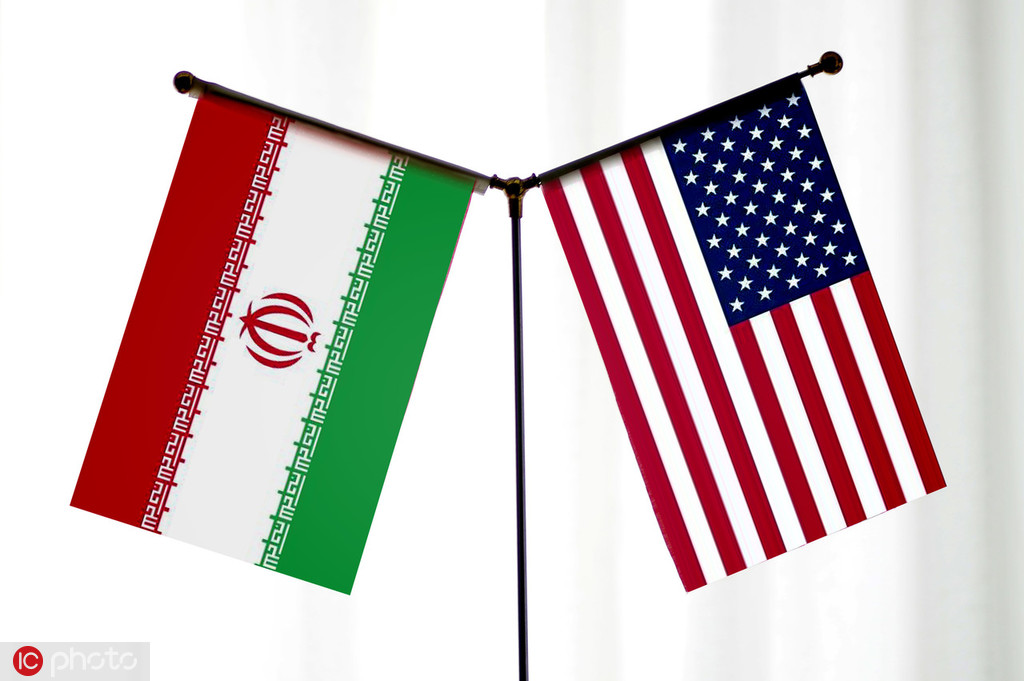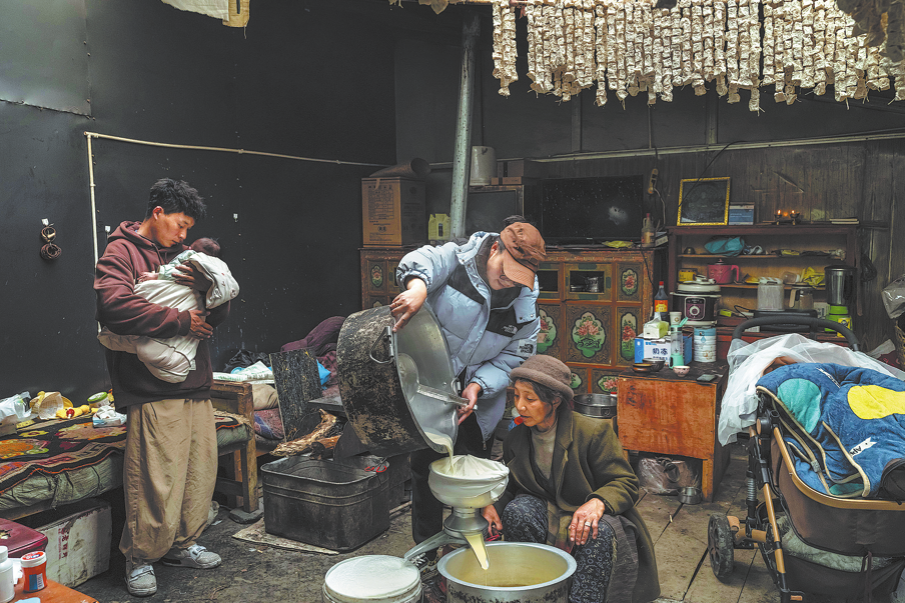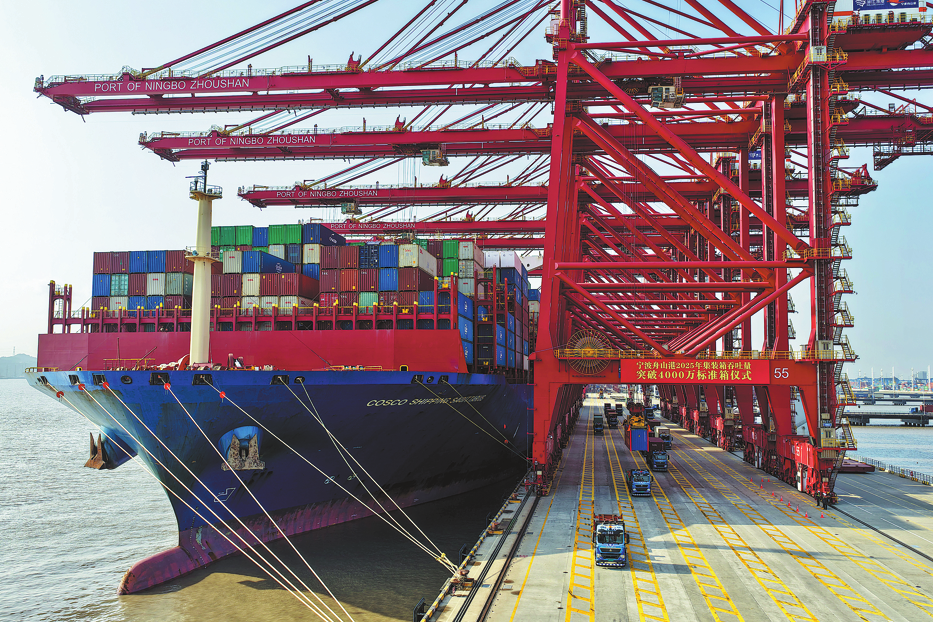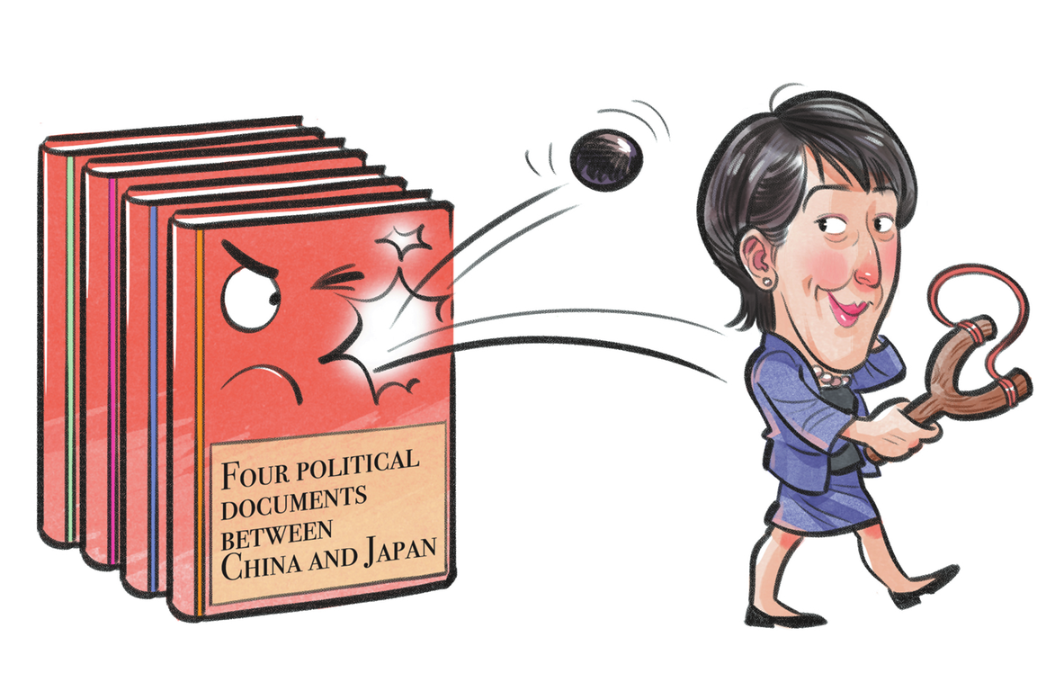Economic sanctions are human rights violations


Anelise Borges, a Euronews international correspondent, told a tragic story from Tehran on Wednesday about a seven-year-old Iranian boy who needs a bone marrow transplant to cure a deadly genetic disease known as Andrenoleukodystrophy, or ALD.
But due to renewed US economic sanctions imposed after US President Donald Trump withdrew his country from the landmark 2015 Iran nuclear deal, the treatment was made impossible. The boy's health has been deteriorating fast. He has become nearly blind and deaf, can no longer walk and has to be fed a liquid diet.
The family can do nothing but give the boy all their love. As a parent myself, it was heartbreaking to watch the boy's father, with tears in his eyes, describing his son's helpless situation.
Covering the 42ndsession of the United Nations Human Rights Council in Geneva early this week, I did not hear any condemnation of economic sanctions as a serious violation of human rights. But it is time to call it what it is.
US leaders, past and present, like to tout the effects of their crippling sanctions on countries such as Iran, Cuba, Venezuela, the Democratic People's Republic of Korea and Syria. They claim that economic sanctions deprive some governments of the money to develop nuclear weapons, pressure their leaders to change course and defend human rights, freedom and democracy.
I am not defending every policy of these governments. But the US and many other Western countries are indeed good at hijacking the moral high ground.
What is true is that none of these sanctioned countries has surrendered to Washington after decades living under maximum pressure. In the case of Cuba, the US economic embargo has been imposed for nearly 60 years and is now widely regarded as a debacle, even among many in the US.
When US economic sanctions cause skyrocketing inflation and unemployment in Iran and other countries, it is ordinary people who are collectively punished by the US administration.
Iran's GDP grew 13.4 percent in 2016 after easing of sanctions as a result of the nuclear deal, but the World Bank forecast Iran's economy will contract 4.5 percent this year, largely as a result of renewed US sanctions.
In an interview with Borges, an Iranian doctor talked about a shortage of medicine and medical equipment despite the fact they are supposed to be spared from sanctions. Most global companies, fearing potential US reprisal, have suspended business in Iran.
If sanctions have worked as US leaders claimed, they have worked as a tool to impoverish the local population and deny them food, medicine, education and a normal life.
The boy Borges discussed is just one of the tens of thousands of heartbreaking stories resulting from US economic sanctions. And if these are not human rights violations, what are they?
So when US officials, such as Secretary of State Mike Pompeo, say the US stands with the Iranian people, I doubt he dares look into the eyes of that boy's father.
The international community needs to pay more attention to the suffering of ordinary people under harsh economic sanctions.
Since 1991, the UN General Assembly has condemned the US embargo on Cuba every year. When the 74thsession of the UNGA opens in New York next week, there is no better time to look into the devastating effect on ordinary people caused by economic sanctions.
Sanctions, though there are no bombs dropped or shots fired, constitute an act of war. And though it isn't a true shooting war, the damage done to innocent people is no different.
The author is chief of China Daily EU Bureau based in Brussels.


































